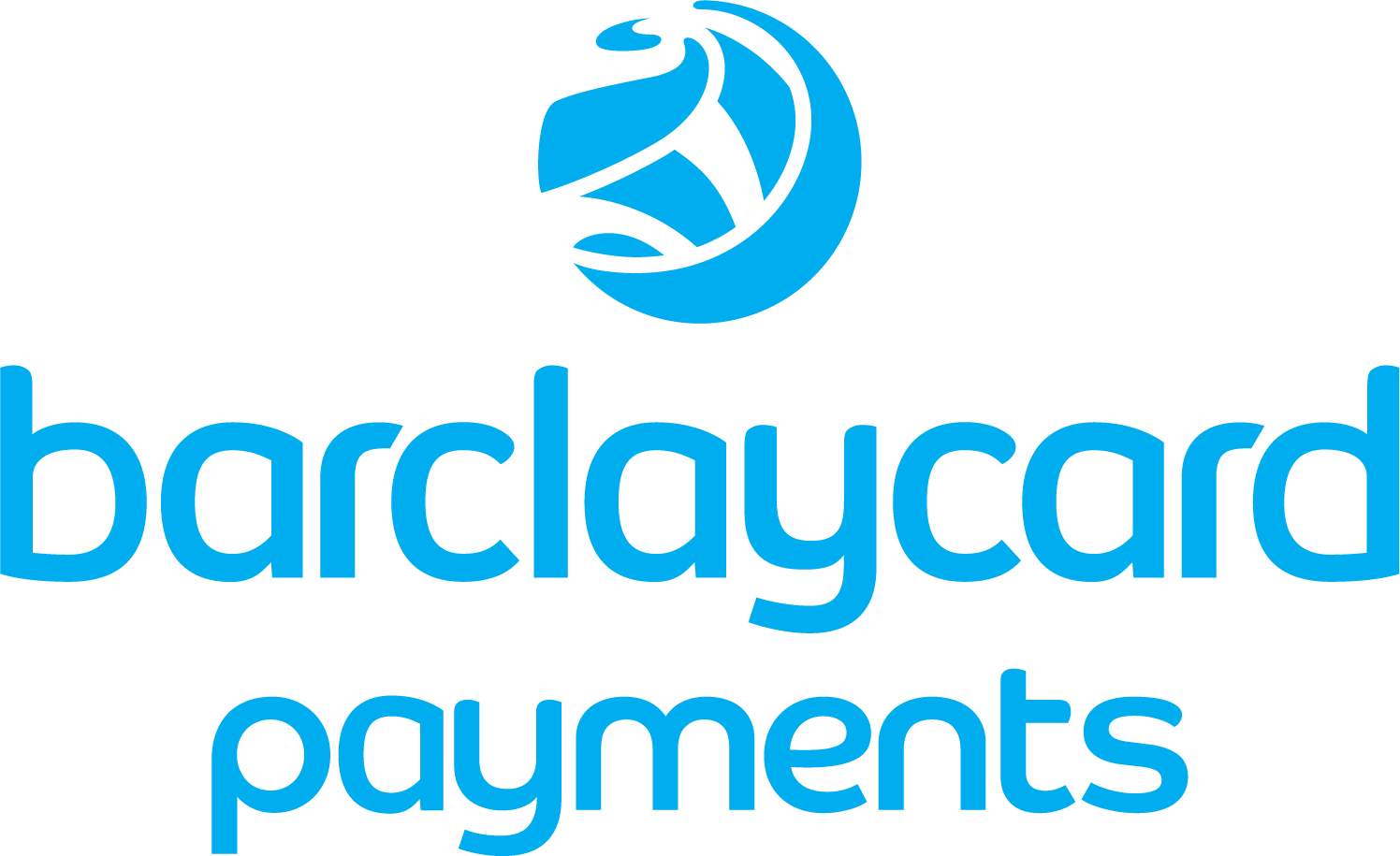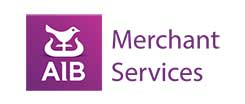- Accept card payments – lowest rates from 0.27%
- Keep your card processing fees to a minimum
- Direct access to the UK’s leading card processing banks
- We ensure your rates always remain competitive
No spam emails or calls
Choose from the payment methods then click Next
What's your turnover each month?
Enter the name of your company
Enter your company's postcode and contact number






The Best Online Credit Card Processor for Your Business Needs
In today’s digital-first economy, the ability to accept credit card payments is no longer a luxury—it’s a necessity. Whether you run an e-commerce store, a subscription-based service, or a brick-and-mortar business, choosing the right online credit card processor can make or break your ability to serve customers and grow your revenue. With so many credit card processing companies and payment gateways available, finding the best solution for your business can feel overwhelming. This guide will walk you through everything you need to know about payment processing, from understanding transaction fees to selecting the right payment processor for your needs.
Why Your Business Needs an Online Credit Card Processor
The way customers pay has evolved dramatically over the past decade. While in-person payments and cash transactions are still relevant, online payment methods have become the norm. From credit and debit cards to alternative payment methods like Apple Pay, Google Pay, and Samsung Pay, consumers expect flexibility and convenience when making purchases.
For businesses, this means you need a reliable way to handle card payment complexities and process them securely. An online credit card processor acts as the bridge between your business’s bank account and your customers’ card issuer, ensuring that funds are transferred quickly and securely. Without a robust payment processing system, you risk losing sales, damaging customer trust, and hindering your cash flow.
Key Benefits of Using an Online Credit Card Processor
- Secure Online Payments: A reputable payment provider ensures that all credit card transactions are encrypted and compliant with industry standards like PCI DSS (Payment Card Industry Data Security Standard). This protects both your business and your customers from fraud.
- Multiple Payment Methods: Modern payment service providers allow you to accept a wide range of payment methods, including credit and debit cards, bank transfers, and digital wallets like Apple Pay and Google Pay. This flexibility can help you cater to a broader audience.
- Global Payments: If your business operates internationally, you’ll need a payment processor that supports cross-border payments and local currencies. This ensures that you can accept credit and debit card payments from customers around the world without worrying about currency conversion issues.
- Recurring Payments: For subscription-based businesses, the ability to process recurring payments is essential. Look for a payment gateway that supports automated billing and subscription management.
- Improved Cash Flow: By enabling faster online transactions, a good payment processor can help you maintain a healthy cash flow. Funds are typically deposited into your business’s bank account within 1-2 business days.
- Multiple Payment Options: Offering multiple payment options can increase customer satisfaction and reduce cart abandonment rates. Whether it’s card payments, payment links, or alternative payment methods, the more choices you provide, the better.
Understanding Payment Processing: Key Terms and Concepts
Before diving into the specifics of choosing an online credit card processor, it’s important to understand some key terms and concepts related to payment processing:
Understanding popular payment methods is crucial for businesses to meet customer expectations and enhance the payment experience.
1. What is a Payment Processor?
A payment processor is a crucial component in the world of digital transactions, acting as the intermediary that facilitates the movement of funds between merchants and their customers. When a customer makes a purchase using credit or debit cards, the payment processor ensures that the transaction is secure, efficient, and compliant with all relevant regulations. This involves communicating with both the merchant’s bank and the customer’s bank to authorize and settle the payment.
Payment processors provide the necessary infrastructure for businesses to accept a variety of payment methods, including credit and debit cards, online payments, and alternative payment methods like digital wallets. By handling the complexities of card payments and other transactions, payment processors enable merchants to focus on their core business activities while ensuring that their customers can pay conveniently and securely.
2. Features of Payment Processing Companies
Payment processing companies offer a suite of features designed to help merchants accept and process payments seamlessly. Here are some of the key features you can expect:
- Secure Online Payment Processing: Ensuring the security of online transactions is paramount. Payment processors provide secure payment gateways that encrypt sensitive customer information, protecting it from fraud and unauthorized access.
- Multiple Payment Methods: To cater to diverse customer preferences, payment processors support a wide range of payment methods. This includes credit and debit cards, online payments, and alternative payment methods like Apple Pay and Google Pay.
- Transaction Fees: Payment processors charge transaction fees for their services. These fees can vary based on the payment method and the processor, so it’s important to compare costs when choosing a provider.
- Payment Links: Some payment processors offer the ability to create payment links. These links can be sent to customers, allowing them to make secure payments online without needing to visit a website.
- In-Person Payments: For businesses that operate both online and offline, payment processors often support in-person payments. This can be facilitated through mobile card readers or payment terminals, making it easy to accept payments at physical locations or events.
3. Types of Payment Processors
When it comes to payment processors, businesses generally have two main options: payment service providers (PSPs) and merchant account providers.
- Payment Service Providers (PSPs): PSPs aggregate funds from multiple businesses into a single merchant account. This shared account model simplifies the setup process and is often quicker to get started with. However, it may come with higher transaction fees and less control over individual transactions.
- Merchant Account Providers: These providers offer businesses their own dedicated merchant account. While this setup requires underwriting to assess potential risks, it provides more control and often lower transaction fees. This option is typically better suited for businesses with higher transaction volumes or specific needs.
1. Payment Gateway vs. Payment Processor
A payment gateway is a technology that securely transmits payment information from your website or point of sale (POS) system to the payment network. It acts as the virtual equivalent of a payment terminal.
A payment processor, on the other hand, is the service that handles the actual transaction. It communicates with the card issuer and your merchant account to authorize and settle payments.
In many cases, payment service providers offer both a payment gateway and a payment processor as part of their payment solutions.
2. Merchant Account
A merchant account is a type of bank account that allows businesses to accept credit and debit card payments. Bank accounts play a crucial role in facilitating financial transactions between customers and businesses. When a customer makes a purchase, the funds are temporarily held in the merchant account before being transferred to your business’s bank account.
3. Transaction Fees
Transaction fees are the costs associated with processing a credit card transaction. These fees can vary depending on the payment provider and the type of transaction. Common fee structures include:
- Flat Rate Pricing: A fixed percentage or fixed fee per transaction.
- Interchange-Plus Pricing: The card issuer’s interchange rate plus a markup.
- Tiered Pricing: Transactions are categorized into tiers (e.g., qualified, mid-qualified, non-qualified), each with its own rate.
Be sure to compare transaction fees when evaluating payment processing companies, as these costs can add up over time.
4. Average Transaction Value
Your average transaction value (ATV) is the average amount of money spent per transaction. This metric can help you determine which payment processor is most cost-effective for your business. For example, if your ATV is high, a flat rate pricing model might be more economical than a percentage-based fee.
5. Hidden Fees
Some payment service providers charge hidden fees, such as monthly fees, setup fees, or fees for international transactions. Always read the fine print to avoid surprises.
How to Choose the Best Online Credit Card Processor for Your Business
With so many payment processing companies on the market, how do you choose the best one for your business? Here are some key factors to consider:
1. Types of Payments You Need to Accept
The first step is to determine which payment methods your customers prefer. Do you need to accept credit and debit cards, handle a credit card transaction, digital wallets, or alternative payment methods like bank transfers? If you operate both online and offline, you’ll also need a solution that supports in-person payments via a mobile card reader or payment terminal.
2. Accepting Multiple Payment Options
In today’s competitive market, offering multiple payment options is essential for enhancing customer satisfaction and driving sales. By providing a variety of payment methods, businesses can cater to different customer preferences and needs. Here are some key payment options to consider:
- Credit and Debit Cards: Accepting major credit and debit cards, such as Visa, Mastercard, and American Express, is fundamental. These are the most common payment methods and are expected by most customers.
- Online Payments: Digital wallets and online payment methods like PayPal and Apple Pay offer convenience and security, making them popular choices for online shoppers.
- Alternative Payment Methods: Consider accepting alternative payment methods such as bank transfers and even cryptocurrencies. These options can appeal to a broader audience and provide additional flexibility for customers.
2. Transaction Volume and Average Transaction Value
Your transaction volume and average transaction value will influence which payment processor is most cost-effective for your business. For example, high-volume businesses may benefit from interchange-plus pricing, while low-volume businesses might prefer flat rate pricing.
3. International Payments
If you serve customers in multiple countries, you’ll need a payment processor that supports international payments and local currencies. Look for a provider that offers competitive rates for cross-border payments and doesn’t charge excessive additional fees.
4. Recurring Payments
If your business relies on subscriptions or memberships, choose a payment gateway that supports recurring payments. This feature allows you to automate billing and reduce administrative overhead.
5. Security and Compliance
Security should be a top priority when selecting an online credit card processor. Ensure that the provider is PCI DSS compliant and offers advanced fraud prevention tools. Features like tokenization and 3D Secure can help protect your customers’ data.
6. Integration Options
Consider how the payment processor integrates with your existing systems. Does it work seamlessly with your e-commerce platform, point of sale system, or accounting software? Look for providers that offer easy-to-use APIs and plugins.
7. Customer Support
Reliable customer support is essential, especially if you’re new to payment processing. Choose a provider that offers 24/7 support via phone, email, or live chat.
8. Pricing and Fees
Compare transaction fees, monthly fees, and any hidden fees before making a decision. Keep in mind that the cheapest option isn’t always the best—consider the overall value and features offered by the provider.
Getting Started with a Payment Processor
Starting with a payment processor involves several key steps to ensure a smooth and secure setup:
- Choose a Payment Processor: Research and compare different payment processing companies to find the one that best meets your business needs. Consider factors like transaction fees, supported payment methods, and integration options.
- Set Up a Merchant Account: Once you’ve chosen a payment processor, you’ll need to set up a merchant account. This process may involve providing detailed business information and undergoing underwriting to assess potential risks.
- Integrate the Payment Gateway: To start accepting payments, you’ll need to integrate the payment gateway into your website or point-of-sale system. This step is crucial for ensuring that transactions are processed smoothly and securely.
- Test the Payment System: Before going live, thoroughly test the payment system to ensure it works correctly. This includes verifying that transactions are processed accurately and that all security measures are in place.
By following these steps, businesses can start accepting payments efficiently and securely, paving the way for growth and success with the help of a reliable payment processor.
Top Online Credit Card Processors for UK Businesses
Now that you know what to look for, let’s explore some of the best payment processing companies for UK-based businesses:
1. Stripe
Stripe is one of the most popular payment gateways for online businesses. It supports a wide range of payment methods, including credit and debit cards, digital wallets, and bank transfers. Stripe is also known for its robust API, making it easy to integrate with your website or app.
Key Features:
- Supports recurring payments and subscriptions.
- Competitive transaction fees with flat rate pricing.
- Advanced fraud prevention tools.
- Supports international payments and local currencies.
- Stripe offers robust credit card processing features, ensuring transparent pricing and tailored transaction fees for businesses.
2. PayPal
PayPal is a household name in the world of online payment processing. It’s easy to set up and offers a range of payment solutions, including payment links and mobile card readers for in-person payments.
Key Features:
- Accepts credit and debit cards, PayPal balances, and bank transfers.
- No monthly fees—pay only per transaction.
- Supports international transactions.
- Trusted by consumers worldwide.
- PayPal supports various card payment solutions, making it a versatile choice for businesses.
3. Square
Square is a great option for businesses that need to accept both online and in-person payments. Its payment terminal and mobile card reader make it easy to process card payments on the go.
Key Features:
- Transparent flat rate pricing.
- Supports multiple payment methods, including Apple Pay and Google Pay.
- No hidden fees or long-term contracts.
- Integrated point of sale system.
4. Worldpay
Worldpay is one of the largest payment service providers in the UK. It offers a comprehensive suite of payment solutions, including online payment gateways, merchant accounts, and point of sale systems.
Key Features:
- Supports global payments and local currencies.
- Competitive transaction fees.
- Advanced security features.
- Dedicated account management for larger businesses.
5. Adyen
Adyen is a global payment processor that’s ideal for businesses with a high volume of international transactions. It supports over 250 payment methods and 150 currencies, making it a versatile choice for e-commerce businesses.
Key Features:
- Unified commerce platform for online and in-person payments.
- Real-time data analytics.
- Supports recurring payments and subscriptions.
- No hidden fees.
Tips for Optimizing Your Payment Processing Strategy
Once you’ve chosen an online credit card processor, there are several steps you can take to optimize your payment processing strategy:
- Offer Multiple Payment Options: The more payment methods you offer, the more likely customers are to complete their purchases. Consider adding alternative payment methods like Apple Pay, Google Pay, and Samsung Pay.
- Minimize Cart Abandonment: Simplify the checkout process by reducing the number of steps required to complete a purchase. Use a payment gateway that supports one-click payments and guest checkout options.
- Monitor Transaction Fees: Regularly review your transaction fees to ensure you’re getting the best deal. If your average transaction value increases, you may be able to negotiate lower rates with your payment provider.
- Enhance Security: Protect your business and your customers by using a payment processor with advanced security features. Enable 3D Secure for card transactions and use tokenization to safeguard sensitive data.
- Leverage Analytics: Many payment service providers offer analytics tools that can help you track sales trends, monitor cash flow, and identify opportunities for growth.
Choosing the best online credit card processor for your business is a critical decision that can impact your ability to accept payments, serve customers, and grow your revenue. By understanding the key features and fees associated with payment processing, you can make an informed choice that aligns with your business needs.
Whether you’re a small business just starting to accept card payments or a large enterprise looking for a scalable payment solution, there’s a payment processor out there for you. From Stripe and PayPal to Square and Worldpay, the options are endless. Take the time to evaluate your needs, compare providers, and choose a solution that offers the right balance of features, security, and affordability.
By offering secure online payments, supporting multiple payment methods, and optimizing your payment processing strategy, you can create a seamless experience for your customers and set your business up for long-term success.